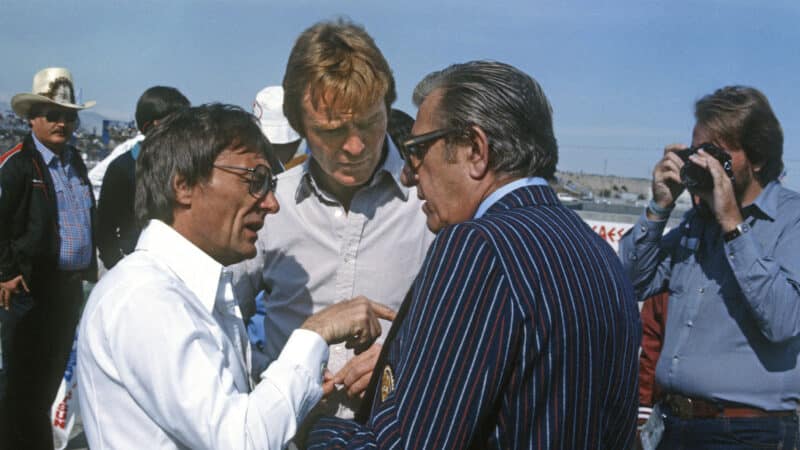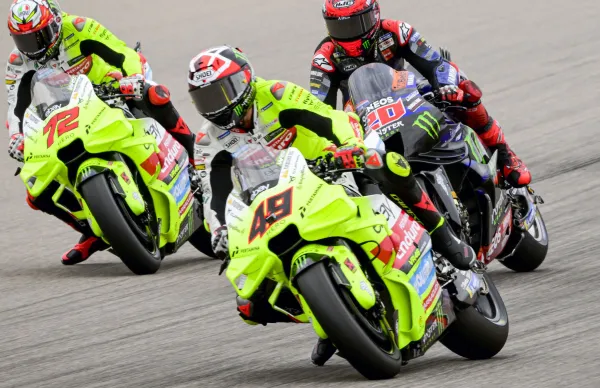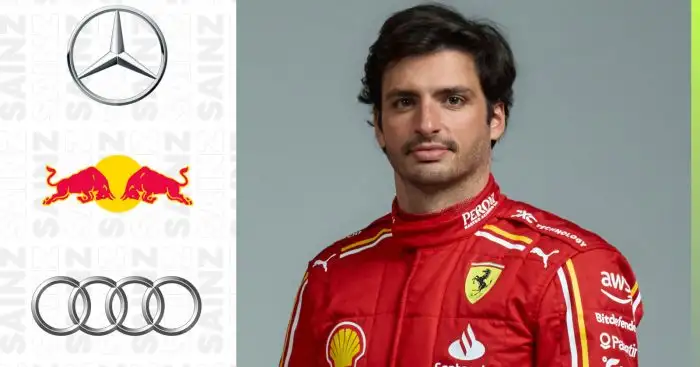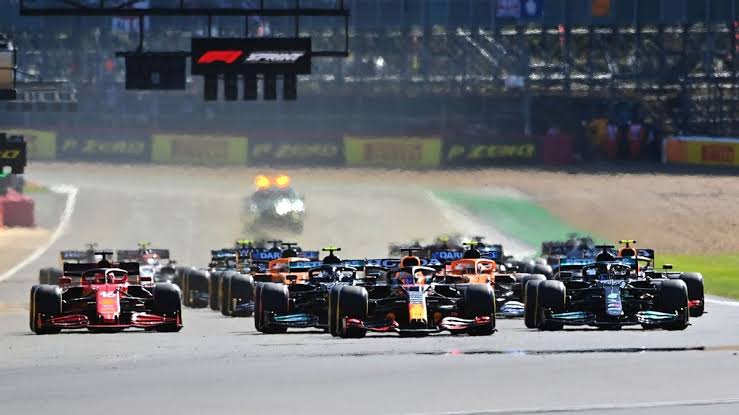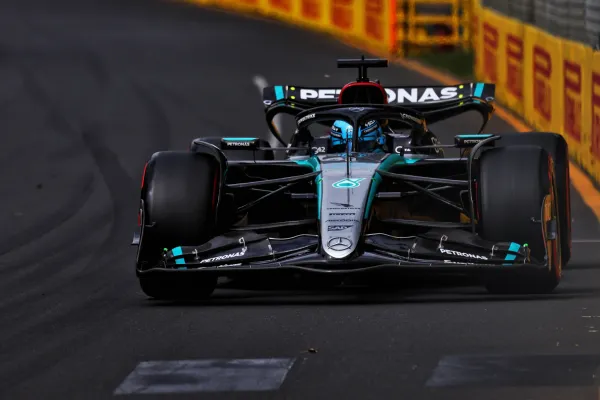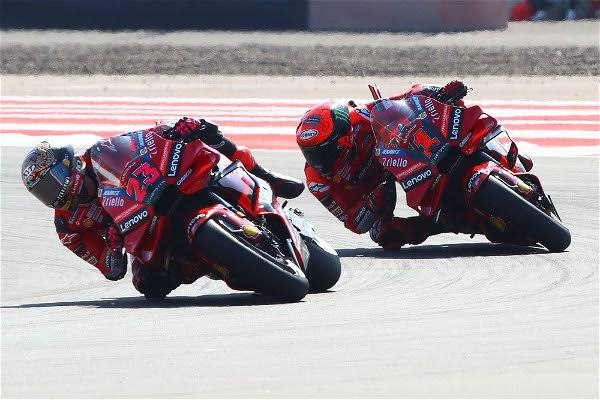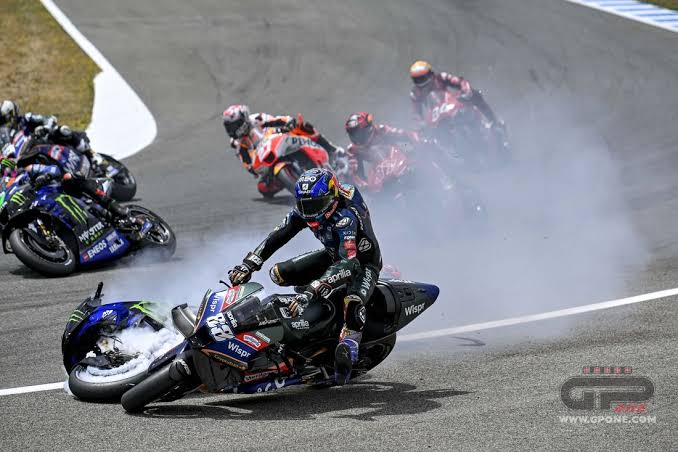Lewis Hamilton vs Max Verstappen H2H Stats, Most Wins, Most Races In 2023
The Clash of Titans: Lewis Hamilton vs. Max Verstappen – A Head-to-Head Analysis In the fast-paced world of Formula 1, where milliseconds separate victory from defeat, two titans have emerged to redefine the sport.
Lewis Hamilton, the seasoned maestro with a glittering career, and Max Verstappen, the young sensation challenging the status quo, have engaged in a head-to-head battle that has fans on the edge of their seats.
Let’s dive deep into their head-to-head (H2H) statistics and unravel the story behind these two extraordinary drivers.
The Grand Prix Gladiators Lewis Hamilton, a name synonymous with excellence in Formula 1, has embarked on an illustrious career that spans over 15 years. He boasts a remarkable 322 Grand Prix starts, a testament to his longevity and unwavering commitment to the sport. In this extensive journey, Hamilton has etched his name in the record books, securing 103 Grand Prix wins—a staggering achievement that places him among the all-time greats.
Max Verstappen, the young Dutch prodigy, is the epitome of a new generation of drivers. With 175 Grand Prix starts to his name, he’s already established himself as a force to be reckoned with. Despite having fewer races under his belt compared to Hamilton, Verstappen’s win tally stands at an impressive 48 victories, showcasing his remarkable talent and insatiable hunger for success.
The Battle of Win Rates
Winning is the ultimate goal in Formula 1, and both Hamilton and Verstappen have demonstrated their prowess in this department. Hamilton’s win rate, calculated by dividing his wins by his total starts, stands at 31.99%. This means that the British legend has triumphed in approximately one-third of the races he’s entered—a staggering achievement considering the fierce competition he’s faced throughout his career. Verstappen, with 48 wins in 179 starts, boasts a win rate of 25.71%.
While his percentage is slightly lower than Hamilton’s, it’s important to note that Verstappen’s career is still on the ascent. His win percentages are trending upward, hinting at a future where he could challenge Hamilton’s dominance.
As Verstappen continues to hone his skills and enjoys the speed and consistency of the Red Bull Racing machine, the gap between his win rate and Hamilton’s is likely to narrow. Formula 1 enthusiasts can expect thrilling battles between these two drivers in the seasons to come.
Pole Positions: The Quest for Pole Position Supremacy
Securing pole position is a coveted achievement in Formula 1, as it provides a significant advantage on race day. Lewis Hamilton has not only excelled in winning races but also in starting them from the front of the grid.
With 104 pole positions, Hamilton has spent nearly 32% of his races leading the pack from the very beginning. Max Verstappen, while known for his exceptional speed, is currently playing catch-up in the pole position department.
With 27 poles in his career, his percentage stands at 15.43%. This implies that Verstappen often finds himself starting behind at least one other car, a testament to his overtaking skills and racing prowess. Hamilton’s ability to consistently secure pole positions has played a crucial role in his race victories.
He has converted nearly 60% of his race wins from pole position, showcasing his dominance when starting at the front. Verstappen, on the other hand, has faced the challenge of carving his way through the field, with over 80% of his wins coming when he’s qualified first.
With Red Bull Racing’s recent performance improvements, this trend is likely to continue in his favor.
Car Retirements: Reliability and Resilience
In the unpredictable world of Formula 1,retirements can be a driver’s worst nightmare. Lewis Hamilton, throughout his illustrious career, has experienced retirement on only 29 occasions. Statistically, he retires approximately once every nine races or less than twice a season. This remarkable reliability underscores the robustness of the Mercedes machine and Hamilton’s unwavering consistency as a driver. Conversely, Max Verstappen has faced the disappointment of retirement 31 times in his 175 Grand Prix starts. While some may interpret this as recklessness, it’s essential to consider the context. Early in his career, Verstappen’s car may not have matched the reliability of Hamilton’s dominant Mercedes.
Furthermore, Max made his Formula 1 debut over five years later than Hamilton, highlighting the relative youth of the Dutch driver on the circuit. Beyond the Numbers While statistics offer valuable insights into driver performance, they only paint part of the picture in Formula 1.
The sport is a complex ecosystem influenced by myriad factors, including car performance, team dynamics, race strategies, and even luck. Hamilton’s seven world titles compared to Verstappen’s two highlight their respective achievements, but the numbers alone don’t capture their full stories.
Verstappen’s potential to challenge Hamilton’s legacy hinges on several variables. The competitiveness of the Red Bull Racing machine, Verstappen’s evolving skill set, and his ability to maintain consistency over a long career will all play pivotal roles.
As long as Verstappen continues to enjoy the benefits of a faster and more reliable car, he is poised to draw closer to the high bar set by Lewis Hamilton. The statistics may evolve, records may be broken, but one thing remains certain: the rivalry between these two exceptional drivers will continue to define the future of Formula 1. In this exhilarating contest of experience versus youth, the world of motorsport stands as the ultimate winner, witnessing the clash of titans and the creation of racing history.

